Understanding dashboard warning lights in your Mini Paceman is essential for maintaining vehicle safety, as they alert you to potential issues that could lead to accidents or breakdowns. Ignoring these indicators can result in costly repairs or dangerous situations on the road.
By familiarizing yourself with them, you can take prompt action to ensure reliable performance and prevent minor problems from escalating.
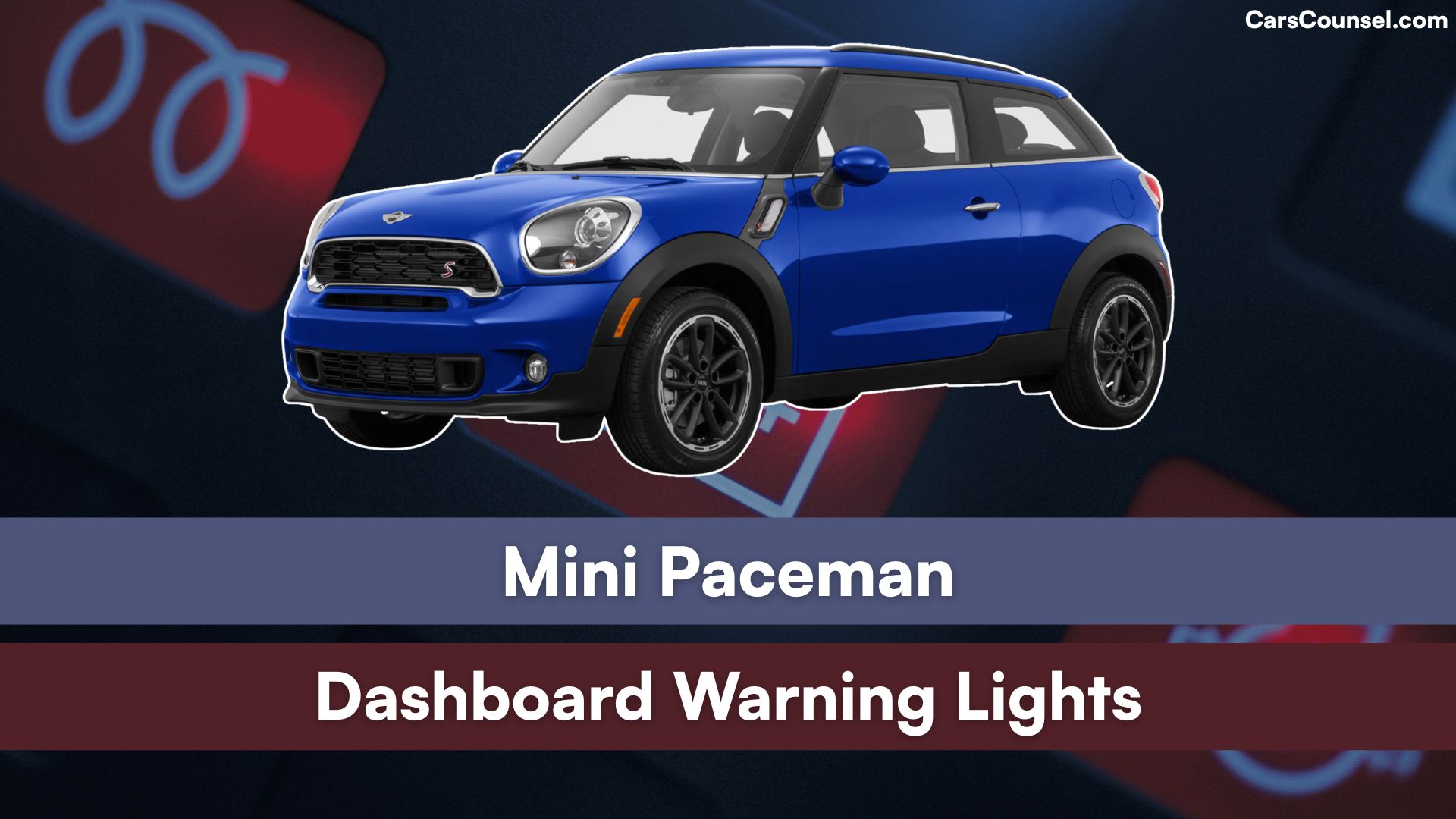
Quick Navigation
Red Warning Lights (Stop Immediately)
These lights signal serious issues requiring you to pull over safely and address the problem right away.
Brake System Alert
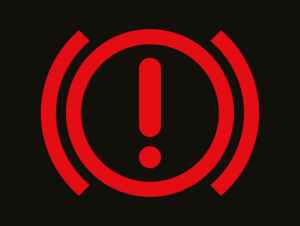
Low brake fluid or a fault in the braking system, which could reduce stopping power. Stop the car immediately, check fluid levels if possible, and call for professional help to avoid accidents.
Engine Oil Pressure
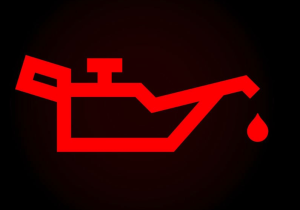
Low oil pressure that might cause engine damage from lack of lubrication. Pull over, turn off the engine, check oil level, and add oil if needed; do not drive until fixed.
Coolant Temperature
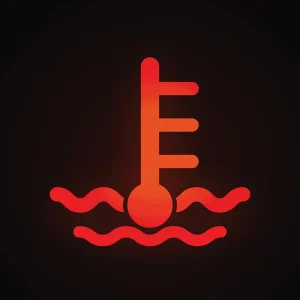
Engine overheating due to low coolant or a leak. Stop the vehicle, let it cool, check coolant level, and seek a mechanic to prevent engine failure.
Airbag System

Fault in the airbag or seatbelt tensioner system, meaning they may not deploy in a crash. Stop and have it inspected by a service center immediately for safety.
Parking Brake Engaged
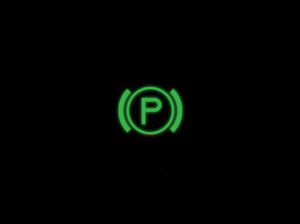
The parking brake is still on, which can cause wear or overheating. Release it before driving; if it won’t release, stop and get assistance.
Battery Charge
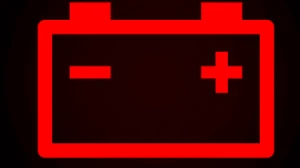
Battery not charging properly, possibly due to alternator failure. Stop driving as the car may lose power; check connections and call for help.
Seatbelt Reminder
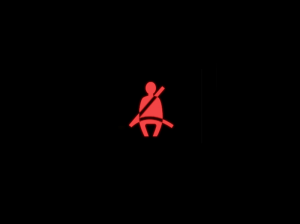
Driver or passenger seatbelt not fastened, increasing injury risk in a collision. Stop and buckle up everyone before continuing.
Power Steering Failure

Loss of power steering assistance, making the car hard to steer. Pull over safely and contact a mechanic, as driving is unsafe.
Transmission Overheat
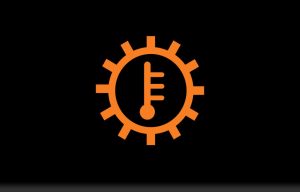
Transmission fluid too hot, risking damage. Stop the vehicle, let it cool, and have it checked to avoid breakdown.
ABS Failure
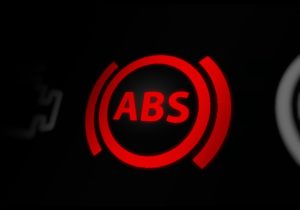
Anti-lock braking system not working, which affects braking in emergencies. Stop and get it serviced immediately for safe stopping.
Door Ajar
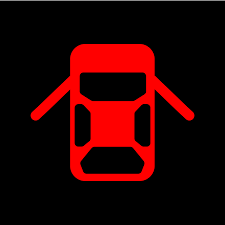
A door or trunk is not fully closed, which could open while driving. Pull over, close all doors securely, and resume only if resolved.
ESP Malfunction
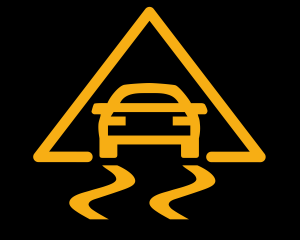
Electronic stability program fault, reducing vehicle control on slippery roads. Stop and have it repaired to maintain handling safety.
Brake Fluid Low
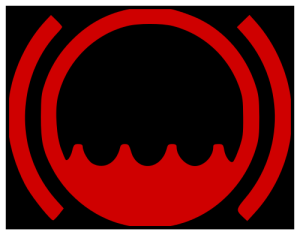
Brake fluid level critically low, compromising brake performance. Stop immediately, top up if possible, and seek professional repair.
Glow Plug System

Diesel engine glow plugs faulty, preventing proper starting or running. Do not drive; have plugs checked and replaced if needed.
DPF Full
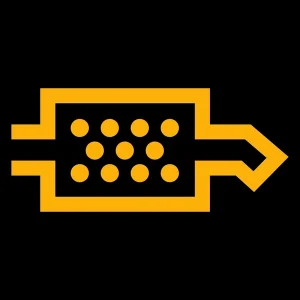
Diesel particulate filter clogged, which can damage the engine. Stop and take to a service center for regeneration or cleaning.
Yellow/Amber Warning Lights (Action Required Soon)
These indicate problems that need attention soon but may not require immediate stopping; drive carefully and fix promptly.
Check Engine
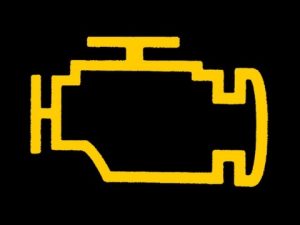
Engine issue like a sensor fault or emissions problem, causing poor performance. Have it scanned at a service center soon to avoid further damage.
Tyre Pressure Monitor
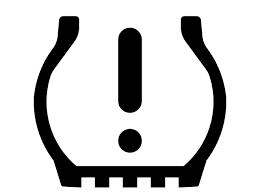
Low pressure in one or more tyres, risking blowouts or poor handling. Check and inflate tyres to recommended levels as soon as possible.
Brake Pad Wear

Brake pads worn thin, reducing stopping efficiency. Replace pads soon to maintain safe braking.
Rear Fog Lights On
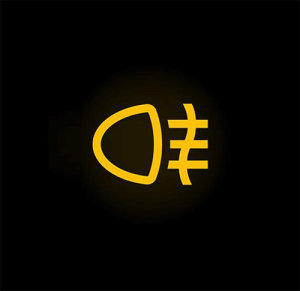
Rear fog lights are activated, which is fine but check if needed for visibility. Turn off when not required to avoid blinding others.
DSC Deactivated
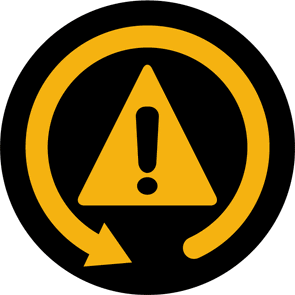
Dynamic stability control turned off, limiting traction aid. Reactivate it or have it checked if it won’t turn on.
Emissions System
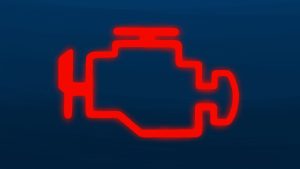
Fault in exhaust or emissions control, possibly increasing pollution. Have the system checked to comply with regulations.
Transmission Fault
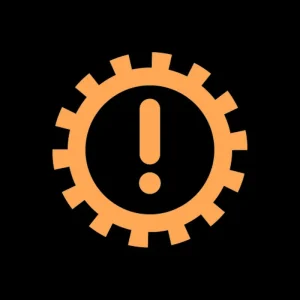
Gearbox issues like slipping, requiring diagnostics. Avoid hard driving and visit a mechanic soon.
Eco Mode Active
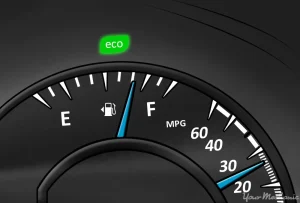
Fuel-saving mode on, but if flashing, it may indicate inefficiency. Check settings or have it reviewed if unintended.
Green Warning Lights (Information Only)
These lights provide status updates on active systems; no action is needed unless they behave unusually.
Turn Indicators
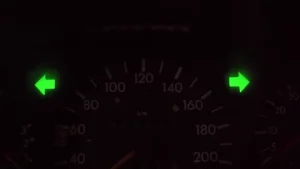
Signals are on for turning or hazards. They flash to alert others; ensure they turn off after use.
Side Lights On

Low-beam or parking lights are activated for visibility. No action required unless you want to switch them.
Cruise Control Active
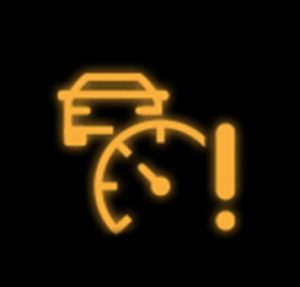
System maintaining set speed. Adjust as needed for traffic conditions.
High-Beam Headlights

Main beams are on for better night visibility. Dim them for oncoming traffic to avoid glare.
Rear Fog Lights

Rear fogs active for poor weather. Turn off in clear conditions.
Glow Plug Warming

Engine pre-heating for diesel start. Wait for it to go out before starting.
Tyre Pressure OK
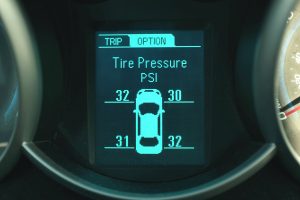
Tyres at correct pressure after check. Monitor routinely.
When looking at Mini, make sure to check out our guides on models like the Mini Hatch, MINI CLUBMAN, MINI COUNTRYMAN, and MINI Cooper. Understanding dashboard warning lights is essential. Our expert reviews break down what each light means, highlighting common alerts for these models and what they could signal about underlying issues, so you’re never left guessing behind the wheel.

